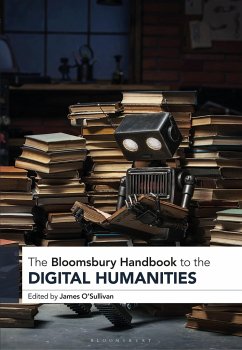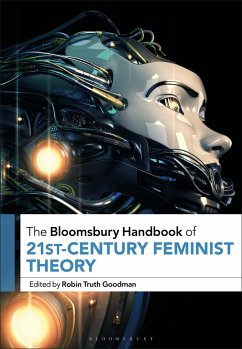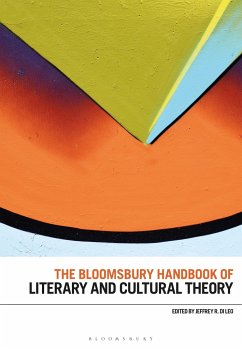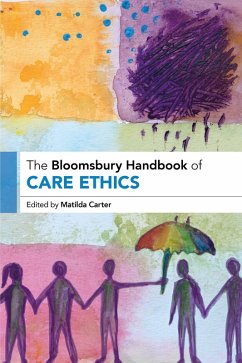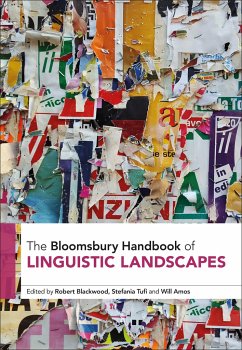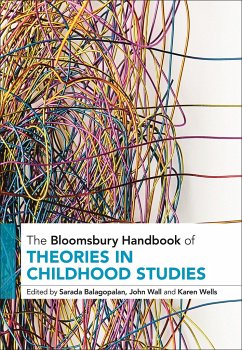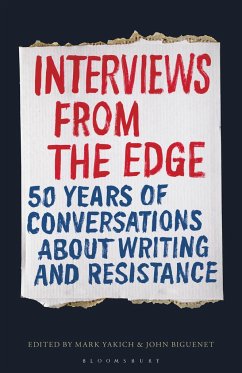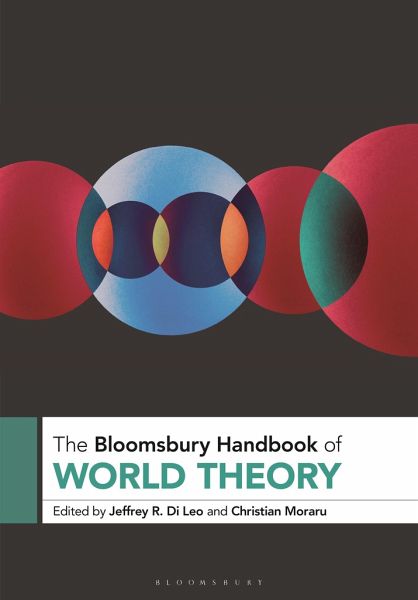
The Bloomsbury Handbook of World Theory
Versandkostenfrei!
Versandfertig in über 4 Wochen
193,99 €
inkl. MwSt.

PAYBACK Punkte
97 °P sammeln!
Disciplines from literary studies to environmentalism have recently undergone a spectacular reorientation that has refocused entire fields, methodologies, and vocabularies on the world and its sister terms such as globe, planet, and earth. The Bloomsbury Handbook of World Theory examines what "world" means and what it accomplishes in different zones of academic study. The contributors raise questions such as: What happens when "world" is appended to a particular form of humanistic or scientific inquiry? How exactly does "worlding" bear on the theoretical operating system and the history of tha...
Disciplines from literary studies to environmentalism have recently undergone a spectacular reorientation that has refocused entire fields, methodologies, and vocabularies on the world and its sister terms such as globe, planet, and earth. The Bloomsbury Handbook of World Theory examines what "world" means and what it accomplishes in different zones of academic study. The contributors raise questions such as: What happens when "world" is appended to a particular form of humanistic or scientific inquiry? How exactly does "worlding" bear on the theoretical operating system and the history of that field? What is the theory or theoretical model that allows "world" to function in a meaningful way in coordination with that knowledge domain? With contributions from 38 leading theorists from a vast range of fields, including queer studies, religion, and pop culture, this is the first large reference work to consider the profound effect, both within and outside the academy, of the worlding of discourse in the 21st century.



